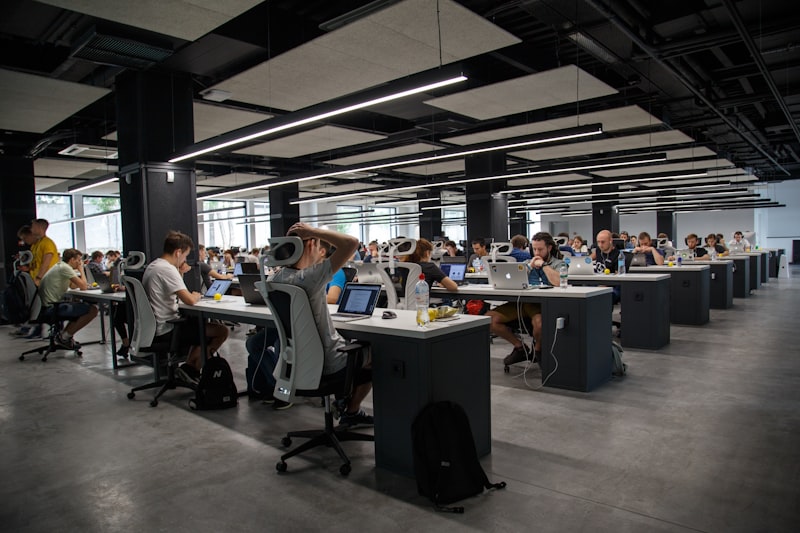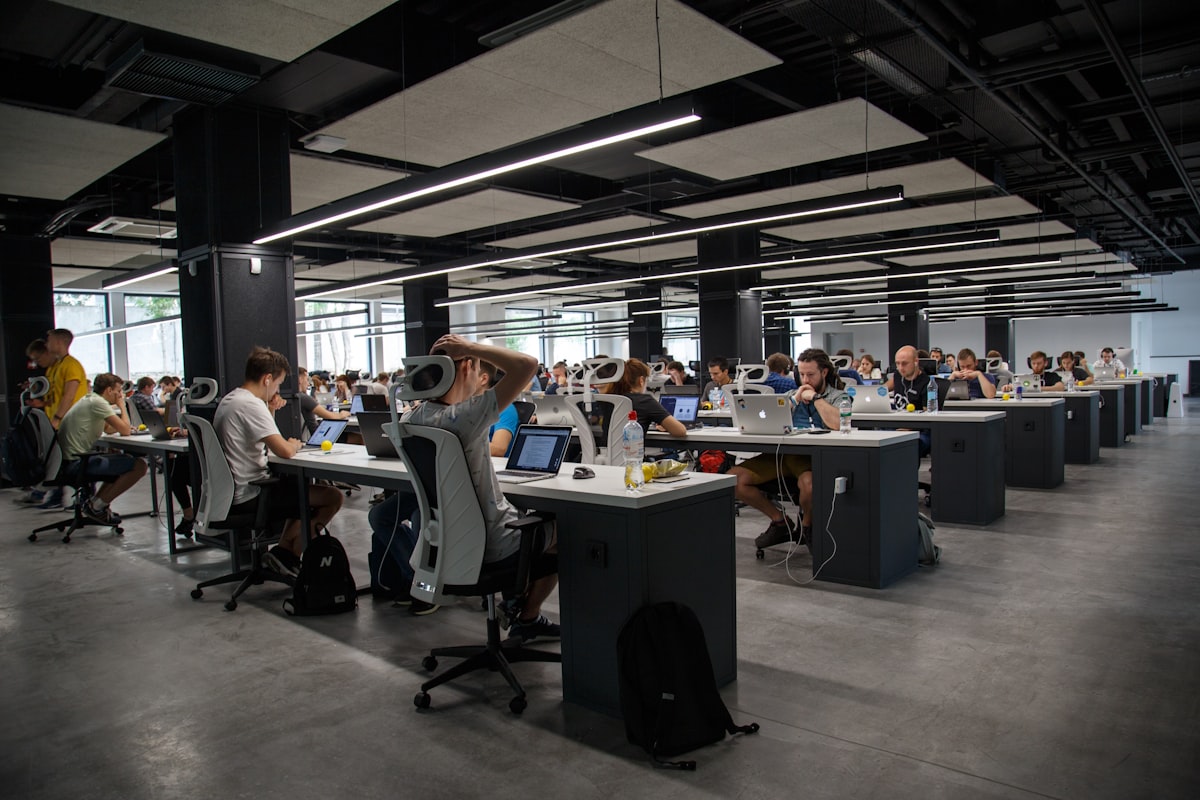Future of Remote Work
Discover how businesses are adapting to hybrid and remote work models with new tools and strategies.
Key Takeaway
The global shift to remote work, accelerated by the pandemic, has reshaped how businesses operate. As we move further into 2025, the future of remote work is no longer a temporary adjustment but a permanent transformation. Organizations are embracing hybrid and remote models that balance flexibility, productivity, and employee well-being.
1. Hybrid Work as the New Normal

Most businesses are adopting a hybrid approach where employees split their time between home and the office. This balance offers the best of both worlds: face-to-face collaboration and individual focus time. Companies are redesigning offices into collaboration hubs instead of traditional cubicle setups.
2. Advanced Collaboration Tools

From video conferencing to virtual reality meeting rooms, collaboration tools are evolving rapidly. Platforms like Microsoft Teams, Slack, and Zoom are now integrating AI-driven assistants to automate scheduling, summarize meetings, and translate languages in real-time, making remote work more seamless than ever.
3. Focus on Cybersecurity

As work moves outside the traditional office firewall, businesses must prioritize data security. Multi-factor authentication, VPNs, and zero-trust models are becoming standard practices. Cybersecurity training for employees is also essential to prevent human errors and phishing attacks.
4. Employee Well-Being and Work-Life Balance

Remote work has blurred the lines between personal and professional life. To address this, companies are introducing flexible work hours, wellness programs, and digital detox initiatives. Employee well-being is now seen as directly linked to productivity and long-term retention.
5. Rise of Global Talent Pools

Remote work removes geographical barriers, allowing companies to hire talent from anywhere in the world. This not only increases diversity but also gives organizations access to specialized skills that may not be available locally.
6. Automation and AI in Workflow

AI and automation are streamlining repetitive tasks, freeing up employees for more creative and strategic work. Automated reporting, smart task management, and AI-driven customer support are becoming integral to hybrid workplaces.
Conclusion
The future of remote work is about flexibility, security, and innovation. Businesses that embrace hybrid models, invest in advanced tools, and prioritize employee well-being will thrive in this new era. Rather than returning to the old ways, the workplace of the future will continue to evolve — smarter, more connected, and more human-focused.





